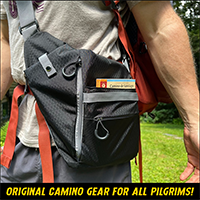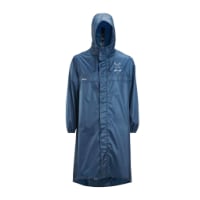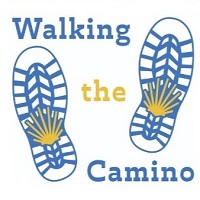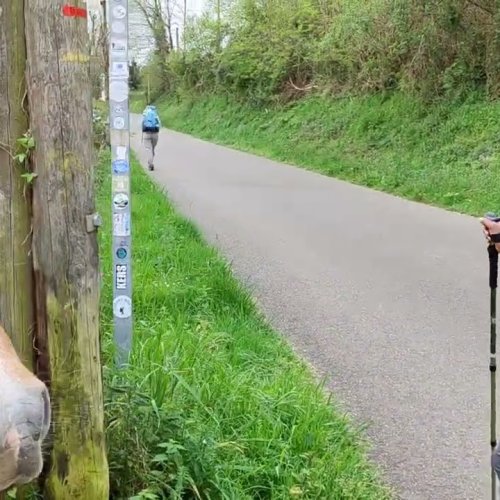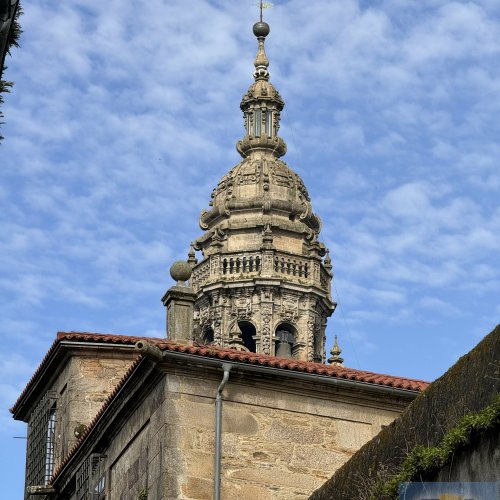D
Deleted member 75649
Guest
I walked from SJPP to Santiago in New balance running shoes. I wear men's extra wide 4E. I didn't buy them any bigger than I normally wear as I find I have to wear two pairs of thin sox in winter and one in summer to fit my expanding feet. I got blisters just like everyone else but developed one on the side of my left foot which only became an issue after I went swimming at Finisterre and it got infected. I developed this after walking 40 km in one day and I suspect my foot was pronating when descending down the rocky hills. I also wore foot liners with the individual toes plus thick merino wool sox. I didn't change my sox during the day. My feet ached at night so much so that by the end of the walk I was taking 4 Panadol a night. My question is do I need shoes with tougher soles for the Le puy camino or do I just go with what I have used before? I did not receive any other injuries apart from this. Thanks in advance,


